Latest EPA automotive trend report shows MY 2017 fleet fuel economy of 24.9 mpg; new record
Green Car Congress
MARCH 7, 2019
The latest edition of the US Environmental Protection Agency (EPA) annual Automotive Trends Report finds that Model Year (MY) 2017 vehicle fuel economy was 24.9 Since MY 2004, fuel economy and CO 2 emissions have improved in eleven out of thirteen years. Estimated Real-World CO 2 and Fuel Economy.



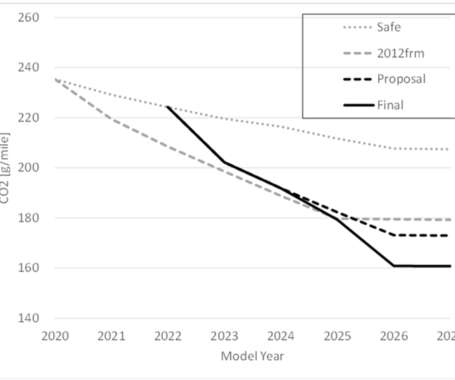





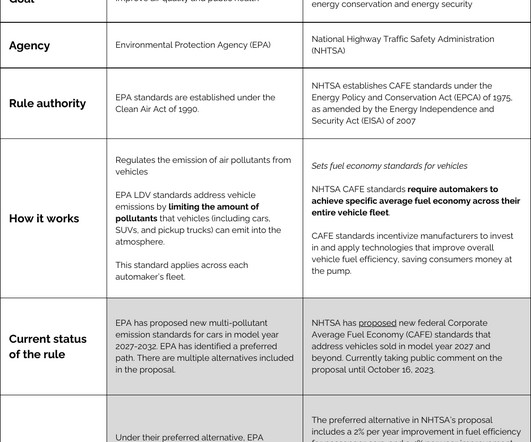






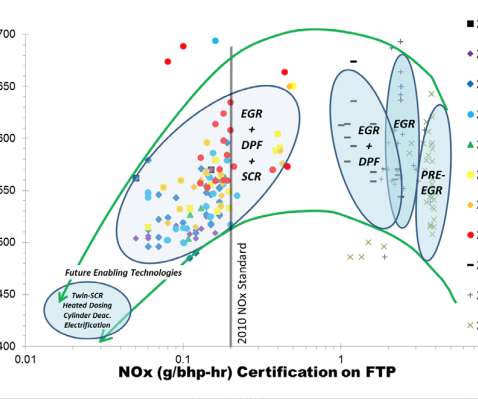






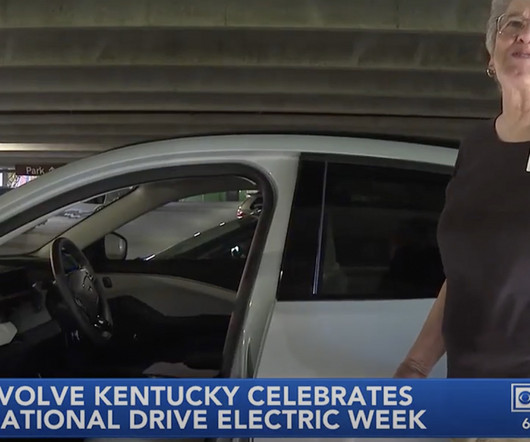



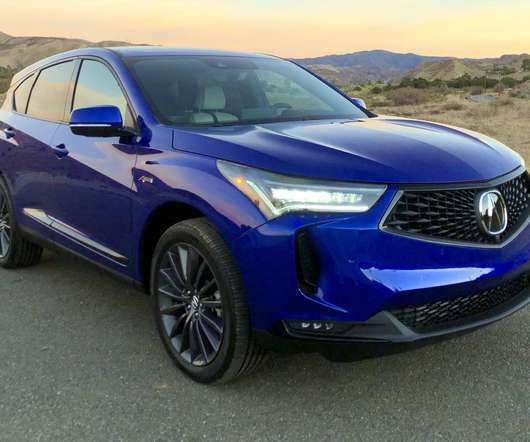
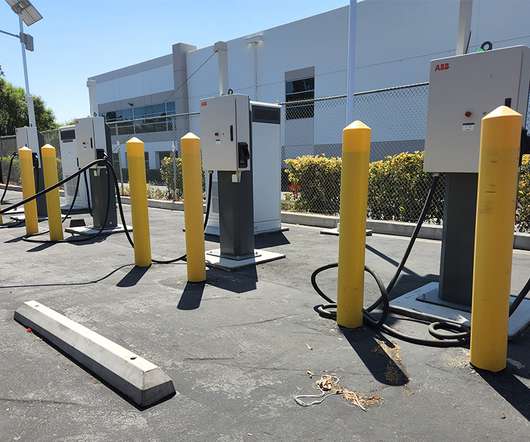

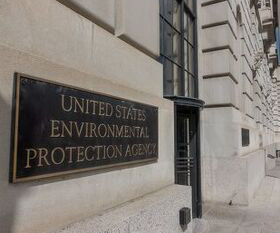


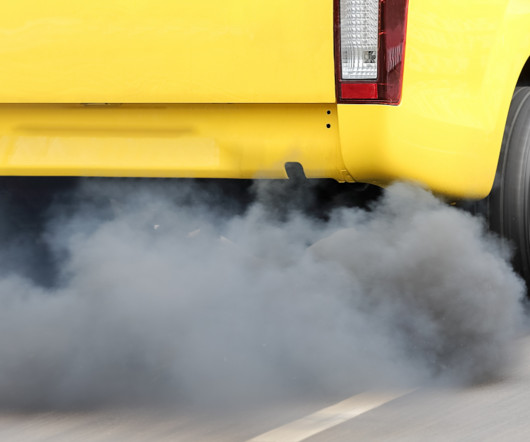








Let's personalize your content